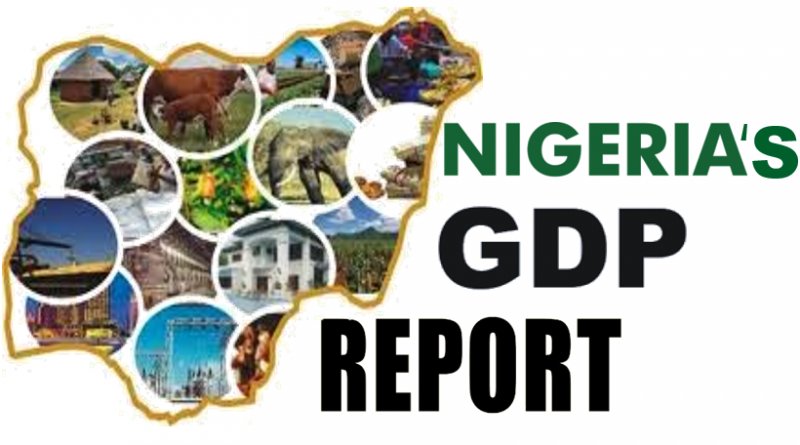Nigeria’s GDP Growth Fell by 1.21% in the First Quarter of 2023
The National Bureau of Statistics (NBS) reported in May 2023 that the Nigerian economy expanded by 2.31 percent in the first quarter of 2023. However, this indicates a decrease of 1.21 percentage points compared to the GDP growth rate for the fourth quarter, which was 3.52 percent. GDP growth declined by 0.80 percentage points annually as compared to the first quarter’s economic growth, which was 3.11 percent the year before.
The first quarter’s cash shortage, along with persistent macroeconomic crises like rising inflation and volatile exchange rates, are both blamed for the GDP decline. It is well known that the Central Bank of Nigeria’s (CBN) decision to remove older notes from circulation as part of its monetary policy led to a cash shortage, which undercut actual demand and reduced economic activity. The NBS data states that the services sector increased by 4.35 percent and contributed roughly 57.29 percent of the overall GDP. On the other hand, the agricultural sector saw a 0.90 percent decline and contributed 21.66 percent in the first quarter of 2023.
The industrial sector, which climbed by 0.31 percent from the -6.81 percent sector reported in the first quarter of 2022, has, however, seen a minor improvement. The industrial sector had the least contribution to the overall GDP, with only 21.05 percent. As previously said, the Nigerian economy continues to be mostly driven by the services sector, as seen by the nation’s overall GDP in the first quarter of 2023. To diversify the economy and get it ready to weather both domestic and international shocks, the incoming administration would need to move rapidly.




